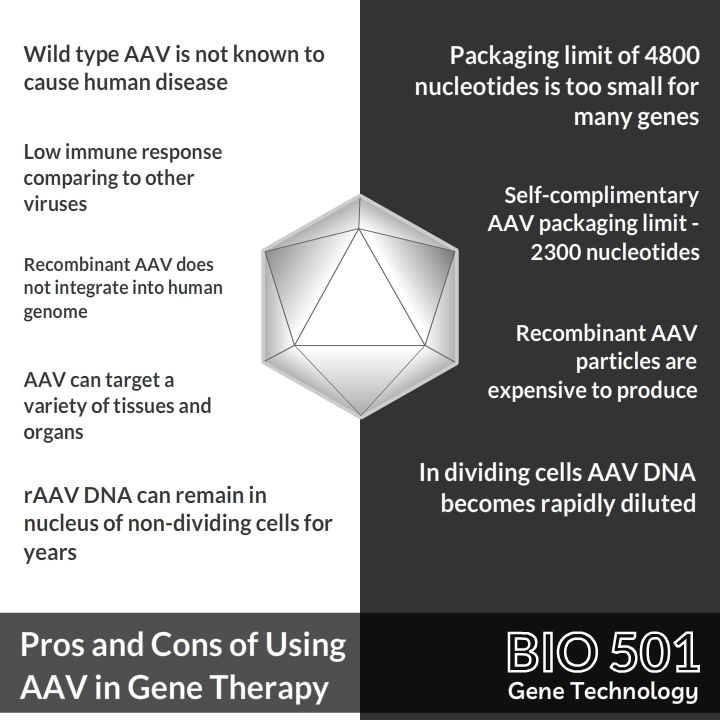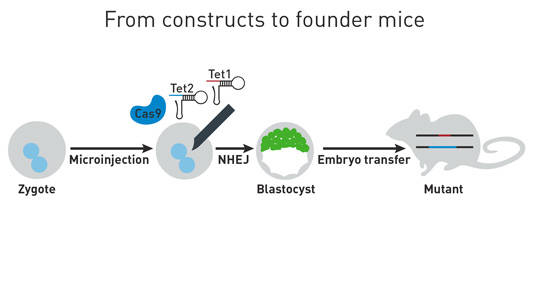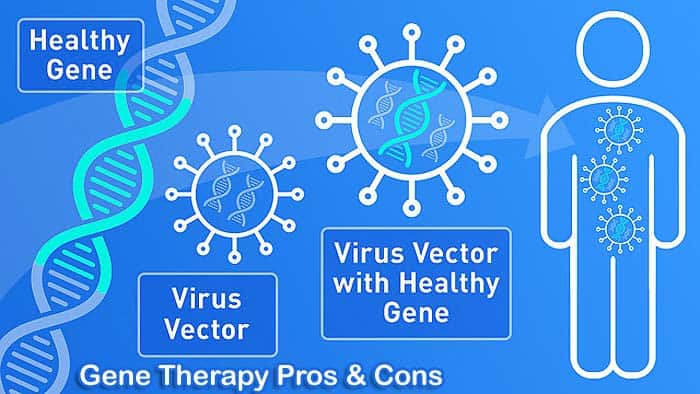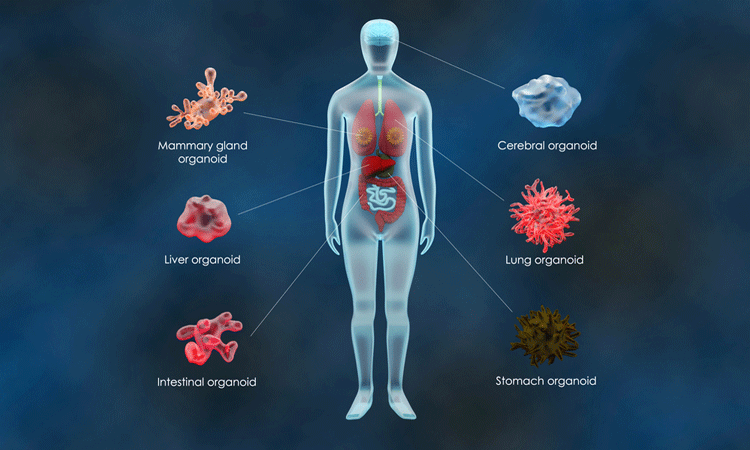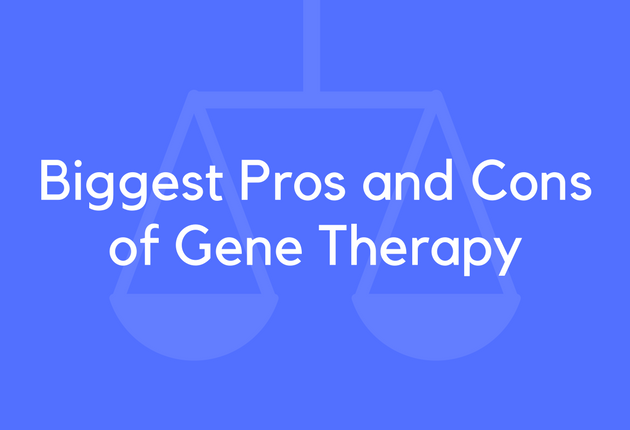Gene therapy is a promising medical field that involves the use of genetic material to treat or prevent disease. The goal of gene therapy is to modify or replace faulty or missing genes with functional ones, in order to restore normal function to the body. There are many potential benefits to gene therapy, including the possibility of curing inherited disorders, improving quality of life, and preventing the development of certain diseases. However, there are also significant risks and challenges associated with this type of treatment, which must be carefully considered before moving forward with any gene therapy approach.
One of the main pros of gene therapy is that it has the potential to cure inherited disorders that are caused by genetic mutations. Many inherited disorders, such as cystic fibrosis, sickle cell anemia, and hereditary blindness, are caused by defects in specific genes. Gene therapy offers the possibility of replacing these faulty genes with functional copies, which could potentially cure the disorder. This could significantly improve the quality of life for individuals with inherited disorders, and even extend their lifespan.
Another potential benefit of gene therapy is the ability to prevent the development of certain diseases. For example, gene therapy could be used to introduce a functional copy of a gene that is responsible for producing a protein that helps to prevent the development of a particular disease. This could potentially be used to prevent diseases such as Alzheimer's, Parkinson's, and some types of cancer.
Gene therapy also has the potential to improve the quality of life for individuals with certain diseases or conditions. For example, gene therapy could be used to introduce functional copies of genes that are responsible for producing proteins that are necessary for normal function, such as insulin in individuals with diabetes. This could significantly improve the daily lives of individuals with these conditions by reducing the need for medication and injections.
However, there are also significant risks and challenges associated with gene therapy. One of the main risks is the potential for unintended consequences of gene modification. There is a risk that the modified gene could have unexpected effects on the body, either in the short-term or long-term. There is also a risk that the modified gene could be passed on to future generations, which could have unintended consequences for their health.
Another challenge with gene therapy is the cost. Gene therapy is a relatively new field, and many of the treatments are still experimental and not widely available. As a result, the cost of gene therapy can be quite high, which may not be affordable for many individuals.
In conclusion, gene therapy offers the possibility of curing inherited disorders, improving the quality of life for individuals with certain diseases, and preventing the development of certain diseases. However, there are also significant risks and challenges associated with gene therapy, including the potential for unintended consequences and the high cost of treatment. It is important for individuals to carefully consider the pros and cons of gene therapy before moving forward with any treatment approach.
